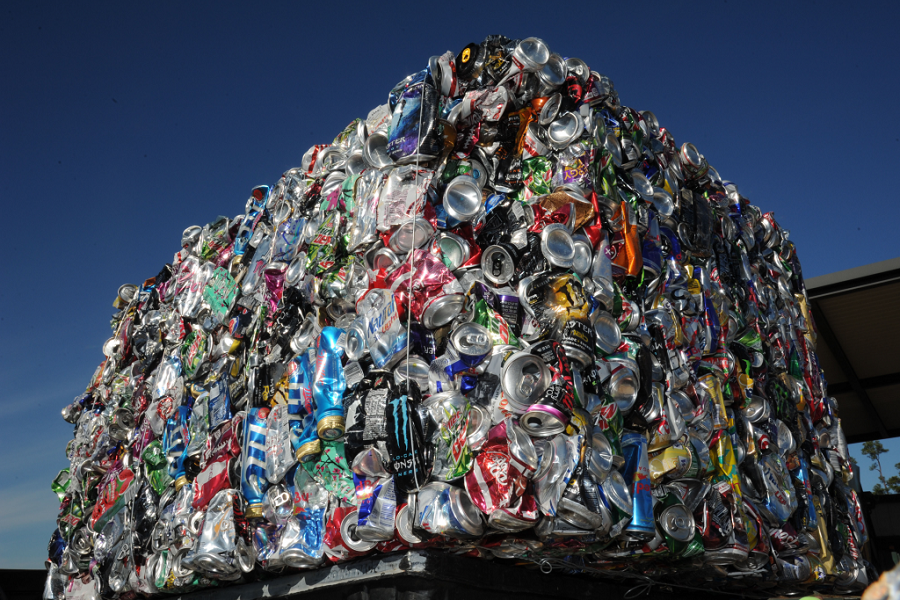11 Dec 2024

Tired Earth
By The Editorial Board

The European Parliament and the Council of EU member states reached a tentative deal on the waste shipment regulation on 17 November, and the full details of the agreement have now been made public.
Under the tentative deal, exporting plastic waste to non-OECD countries will be banned within 2.5 years of the regulation’s entry into force, according to the European Commission, the EU’s executive.
The new regulation was hailed as a victory by environmental groups, which have long campaigned to ban exports of plastic waste outside Europe.
In 2022, the EU exported more than one million tonnes of plastic waste to countries, where they usually end up being dumped or openly burned: 50% was shipped to non-OECD countries like Malaysia, Vietnam, Indonesia, and Thailand, while 33% was shipped to Turkey alone, NGOs said.
“Many of us living in non-OECD countries face relentless illegal dumping, open burning, and microplastic pollution in the vicinity of plastic recycling facilities,” said Pui Yi Wong, a Malaysian campaigner with the Basel Action Network.
“We are reassured that the EU has heard our pleas and is acknowledging the horrific impacts caused by over-consumption of plastic and the export of its waste,” she said in a joint statement with other environmental groups, calling on other countries like the USA, Japan, and the UK to follow the EU’s lead.
Prior consent
Under a key section of the agreement, companies seeking to export waste outside Europe will need to notify and receive written confirmation prior to export from the countries of dispatch, destination and transit – including for plastic waste.
In addition, waste management facilities in destination countries will have to be audited by independent bodies to ensure they are equipped to treat the waste they receive “in an environmentally sound manner,” according to a statement issued by the Council.
Intra-EU shipments of waste for recovery operations will also be banned unless they are on the Green List of non-hazardous materials that can be traded for recovery without prior written notification or consent.
“This is a signal that the EU is finally beginning to take responsibility for its role in the global plastic pollution emergency,” said campaigner Lauren Weir who spoke on behalf of the Rethink Plastic alliance, an environmental campaign group.
Others, meanwhile, warned about a loophole allowing trade in hazardous and mixed plastic waste to continue with Turkey, which is both the largest importer of plastic waste in the EU and an OECD member.
“These new regulations imply that Turkey may be exposed to more EU plastic waste,” warned Dr. Sedat Gündoğdu, a microplastics researcher at Çukurova University in Turkey .
Recyclers concerned
Recyclers, meanwhile, highlighted the need to maintain access to global markets for low-grade recycled materials that don’t find buyers in Europe.
Without access to export markets, the risk is that recycled materials will be stockpiled in Europe where they will eventually end up being incinerated for lack of other options.
“It’s essential to prevent unnecessary restrictions on exporting recycled raw materials classified as non-hazardous waste, especially for resource streams with insufficient demand in the EU,” said EuRIC, the European recyclers industry confederation.
For recyclers, the only solution is to boost domestic demand for recycled materials in Europe with an obligation for manufacturers to use them in new products.
“If the EU decides to ban exports, binding recycled content targets are the only solution to pull the demand for recycled materials and thus create markets for circular materials that were previously relying on exports,” said Emmanuel Katrakis, secretary general of EuRIC.
The provisional agreement will now be submitted to EU member states’ representatives in the Council and to the Parliament’s environment committee for final approval.
Source : euractiv.com
Comment